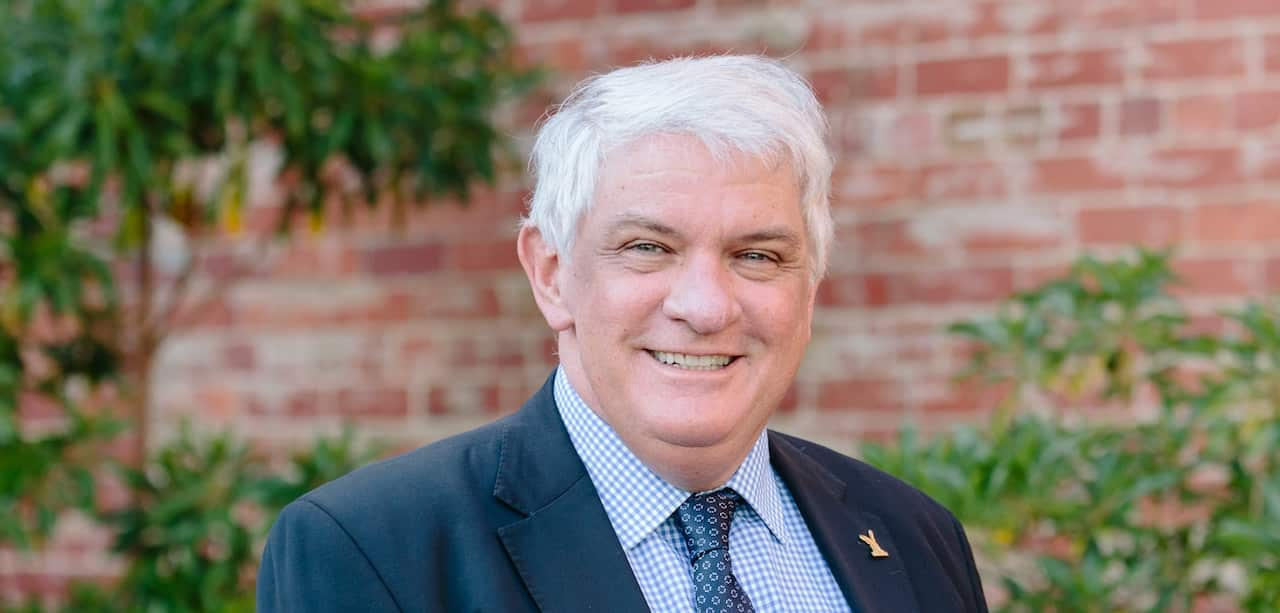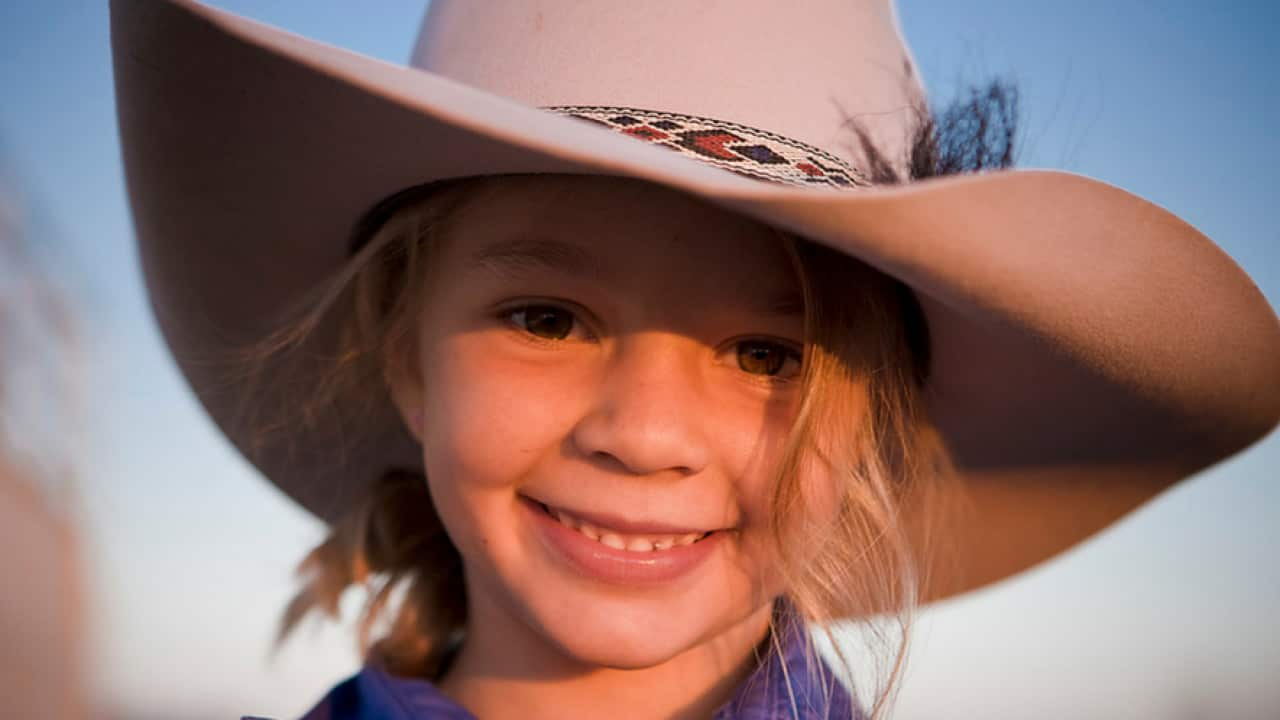Dr Michael Carr Gregg, from Melbourne, is a child and adolescent psychologist and author. He has worked in the area of health psychology, bullying, parenting adolescents and adolescent mental health. Michael has been the Consultant Psychologist to the Victorian Secondary Schools Principals’ Association and several schools, as well as being a founding member of the National Coalition Against Bullying.
What is bullying?
It’s defined as the deliberate and repeated oppression - physically or psychologically - of one person by another person. When translated onto the online world we refer to it as cyberbullying. It has to be repeated, it has to be deliberate and there has to be a power imbalance.
What signs should parents look out for?
Any major change in their normal behaviour: so a reluctance to go to school, any increase in secretiveness, being more withdrawn, changes in appetite and in sleep; and just a generally low mood, feeling miserable most of the day, most of the time.
"So if you've got a young person in your life who is otherwise happy, engaged with their friends, happy with the family, who is starting to change the most important thing you can do is ask a question - 'Is there anything going on that you need help with?'" he told SBS News.
"And one of those points of questioning should be, 'Is there anything happening online that is making you feel unsafe?'”
What is the first step parents should take if they think there is a problem?
If your child is struggling with bullying, the first thing to do is to listen to their narrative, to find out what’s been going on - preferably without interrupting.
The idea is to be as empathic and calm as possible, to validate what your child has said to you, and ask them what they would like to have happen now before you leap in and make some suggestions.
Should you go to the school, or check with the child first?
If the child has no objection to you going to the school, then of course that’s the second step. Make an appointment, go there. If it’s cyberbullying provide them with the evidence. Make sure that you have a paper trail so that there is a record of the meeting and what actually took place; and then expect them to do something about it. What parents have to realise is that all schools have a legal obligation to make sure that your child has a safe environment in which to learn. And a breach of that duty of care is taken very seriously by the courts.
Is it still the school’s responsibility when we’re talking about cyberbullying?
The courts have ruled that it’s the school's business if cyberbullying is being carried out by someone at the same school, because it’s obviously going to impact on the feelings of safety that child will have, and might explain their reluctance to go to school.
If it is a child from another school - or in fact as is quite common - it is anonymous, then the complaints have to be made either to the eSafety Children’s Commissioner, or your local police.

Dr Michael Carr Gregg is a Melbourne-based child and adolescent psychologist, and a founder of the National Coalition Against Bullying. Source: Supplied
Can the police or e-safety commissioner take any action if it’s an anonymous bully?
They have the capacity through a range of technology to identify which computer was used or which phone was used. If a picture is circulated that is clearly prejudicial to someone, the social media companies now have the technology to extract the digital DNA from that photograph and determine its source. So it’s very sophisticated now, you’re going to get caught if you do something inappropriate.
Are there things parents should not do in response to their child being bullied?
Parents shouldn’t intervene on behalf of the child; they shouldn't ring up the parents of the alleged perpetrator. Really we expect the parents to work constructively with the school and basically abide by the school's instructions. If they get to the point when they feel the school has not taken it seriously, there is always the right to appeal to the Department of Education and ultimately the minister.
In your experience do families choose to change schools, or is it usually possible to resolve the problem?
Sadly I have had a number of clients last year who felt that they had exhausted their options and they did respond by moving their child to another school. The problem with that is that sometimes there is something that the young person is doing to elicit negativity from the people around them, and if you don’t address that issue then you’re basically taking the problem from one school to another.
So you have to be very careful about doing that. There is an excellent book that I didn’t write called Bully Blocking by Evelyn Field, which I recommend to many parents in this situation, which teaches young people the skills, the knowledge and the strategies for dealing with this sort of unwelcome interaction that they might be having at school.
Are some kids more at risk of bullying than others?
I’m afraid so. If you’re different - you might be too tall or too short, too fat, too thin, you might have freckles, you might have red hair, you might have a speech impediment or speak with a foreign accent, you may in fact have a different skin colour - unfortunately, because we’re dealing with a peak of bullying around transition from grade six to grade seven, many of those children don’t have the cognitive empathy we would wish, it hasn't developed yet. So being different isn’t a good look and it may in fact invite this sort of unwelcome attention.
What does the research tell us about what motivates kids to bully other kids?
Well a lot of it is neurological development. We now know that the average young person has 100 billion brain cells, about a 1000 trillion connections, and they don’t all get wired up until the mid 20s.
Some people because of their personality, their temperament, their disposition, the role modelling they’ve received from their parents, they just think that violence is a way to solve problems and quite often they'll perpetrate that violence on other people they perceive to be more vulnerable and less able to stand up for themselves.
Mr Nicholas encouraged people to educate young people about being respectful towards each other.
"We can also very clearly educate young people that if you are experiencing difficult things online, tell someone, tell your parents," he told SBS News.
"There are services like ReachOut Australia and Kids HelpLine that are great and can provide you with support. If it escalates, then there [are] places like the eSafety Commission and the police you can pursue."
Is there data that shows a link between suicide and bullying in young people?
It’s very complex. What there is, is very good data to show that the vast majority of young people that take their own lives have a mental illness, and the most common mental illness is depression.
We also know that kids who are victimised, particularly for a long period of time, are more likely to develop depression. So there are many risk factors that lead to suicide, undoubtedly bullying is one, because it is much more likely to create a young person with depression.
Is there anything else parents can do to make their kids better able to deal with bullying?
Essentially, you have to work on the young person's social and emotional competence - anger management, problem solving, decision making and conflict resolution skills. I always teach the young people who come to see me a technique called 'fogging', which is where you hold yourself quite high, and whatever they say, if they say something horrible like ‘you’re fat and ugly’, you put your shoulders back, look the perpetrator in the eye, and say ‘maybe’ and walk away. This technique gives the perpetrator nothing, and it greatly reduces the likelihood that they’ll pick on you again because you didn’t respond the first time.
What about any techniques particular to protecting kids from cyberbullying?
The most important thing is not to respond; to block the person engaging in this behaviour; to save the evidence and report it to the social media organisation involved. Of course I would urge parents to have a conversation with children about this before they even go online. There are some marvellous resources for parents at the Office of the eSafety Commissioner.
Readers seeking support and information about suicide prevention can contact Lifeline on 13 11 14.
Suicide Call Back Service 1300 659 467.
MensLine Australia 1300 78 99 78.
Multicultural Mental Health Australia www.mmha.org.au.
Local Aboriginal Medical Service details available from www.bettertoknow.org.au/AMS
Kids Helpline 1800 55 1800 (for young people aged 5 to 25)



